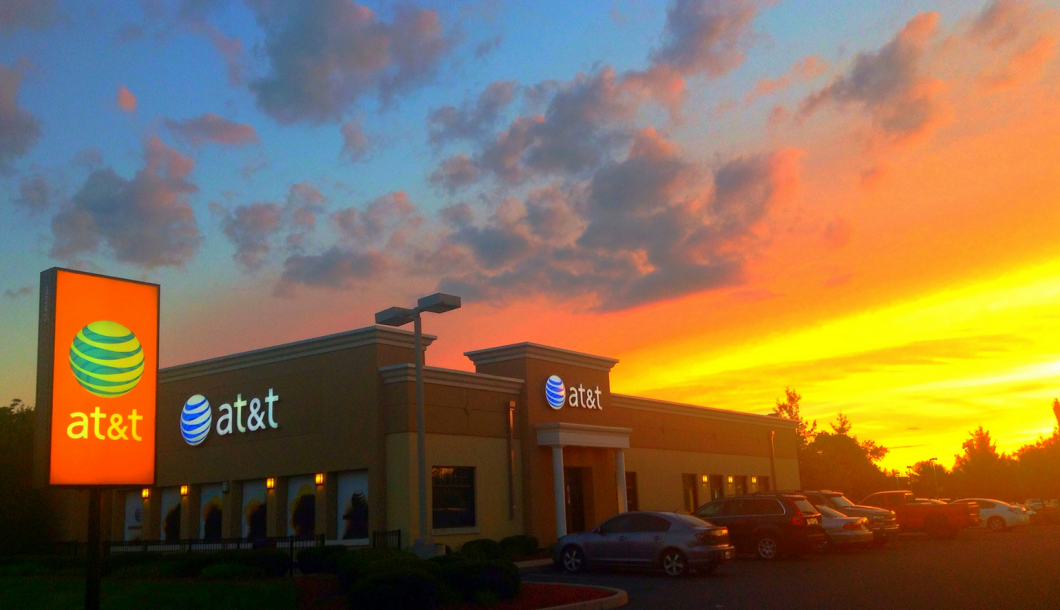AT&T, Where “Congestion” & Data Caps Only Apply To Existing Users
The Death Star announced over the weekend that it was doubling the data allotments of its mobile share value plans through Oct. 31. So an account that currently gives users 15GB of shared data will get you 30GB; this goes up through the current 50GB plan, which doubles to 100GB during the promotion.
The offer only lasts through Halloween, but AT&T claims that users will get access to the doubled data for the life of the plan.
So again, if AT&T claims it needed to stop offering new unlimited plans because data hogs were causing too much congestion, how can the company now justify giving away all this extra data for free to new customers?
Easy: An overwhelming majority of the people that buy into these double-data plans will never even come close to using up the data allotments of the same plans before they were doubled. Most wireless customers still don’t use more than 2-3GB/month in wireless data.
AT&T, much like Sprint did recently with its new “here’s a bunch of data you’ll never use” plans, is selling the illusion of getting more value out of your plan.
Here’s an analogy. I’m not a big carrot fan, but I occasionally buy them to use in certain recipes. I’m often left with a carrot or two that goes unused because I simply don’t have that much carrot time in my life. Would I get any more value if the grocer said to me, “For the same price, I’ll double the amount of carrots you get!”? No, it would just mean more carrots going in the compost heap when they ultimately go unused.
Okay, so if wireless companies can give away all this data because they know that customers will never use it, why is AT&T still using the “congestion” argument to throttle the few remaining unlimited users? Does it seem right that an unlimited customer should have access to less data than a customer with a finite data allotment?
Of course it doesn’t. But what’s right or sensible isn’t always what makes the most money for AT&T. The company doesn’t want those legacy unlimited subscribers anymore. It wants them on tiered data plans, where it knows exactly how much each customer can use each month and how much it can charge these customers for going over those limits.
“AT&T’s ability to give far more unthrottled data to new subscribers than it provides to its longest-standing customers, the ones who specifically pay for unlimited data, illustrates how arbitrary the limits are,” writes Ars Technica’s Jon Brodkin.
In August, FCC Chair Tom Wheeler said he was “deeply troubled” by Verizon’s decision to start throttling its remaining unlimited subscribers during periods of alleged congestion on its LTE network.
Verizon argues that the throttling is permitted under the FCC’s allowances for “reasonable network management,” but Wheeler contends, “I know of no past Commission statement that would treat as ‘reasonable network management’ a decision to slow traffic to a user who has paid, after all, for ‘unlimited’ service.”
Want more consumer news? Visit our parent organization, Consumer Reports, for the latest on scams, recalls, and other consumer issues.


